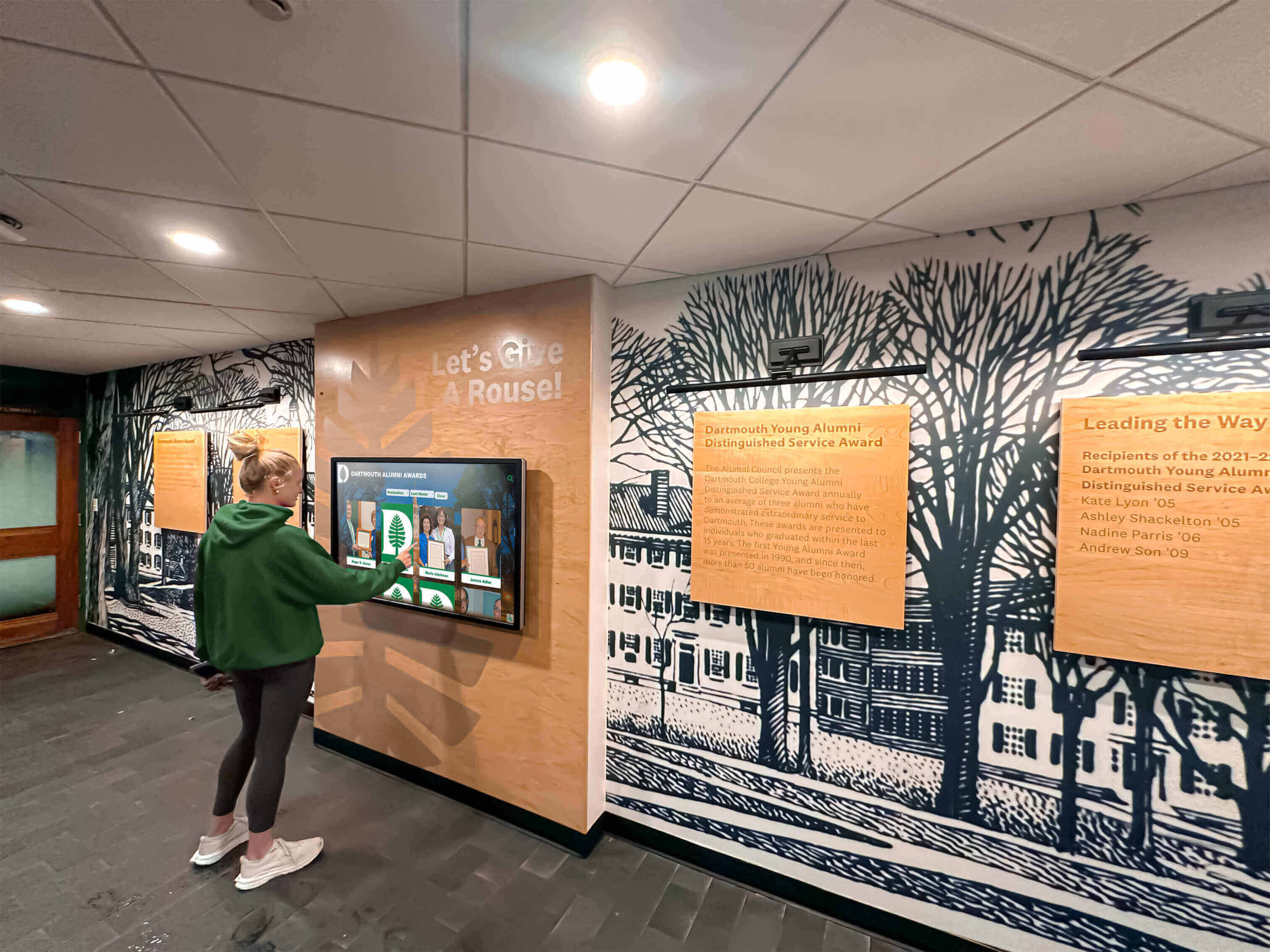Chess clubs represent one of the most intellectually engaging after-school activities available to students, developing critical thinking skills, strategic planning abilities, patience, and sportsmanship that extend far beyond the sixty-four squares of the board. Behind every successful chess club stands dedicated leadership—presidents, vice presidents, treasurers, tournament directors, and executive team members who coordinate meetings, organize tournaments, mentor newer players, manage budgets, and create welcoming communities where students of all skill levels can develop their chess abilities while building lasting friendships.
Yet despite the significant time, effort, and leadership skills these student officers contribute to their chess clubs, their service often receives minimal lasting recognition. A brief mention in the yearbook, a certificate presented at the final meeting, or perhaps a note in graduation programs represents the extent of acknowledgment for students who invested hundreds of hours building vibrant chess communities on campus. This recognition gap overlooks remarkable leadership development while missing powerful opportunities to inspire future students to pursue similar service, document institutional history preserving decades of chess club tradition, and celebrate the organizational skills that chess club leadership develops alongside strategic game mastery.
Why Chess Club Leadership Recognition Matters
Recognizing chess club presidents and executive team members accomplishes multiple important objectives: celebrating student leadership that creates vibrant extracurricular communities, inspiring younger students to pursue club officer positions, documenting institutional chess history spanning decades of competition and camaraderie, validating organizational skills developed through club management, and demonstrating that schools value intellectual pursuits and strategic thinking alongside athletic achievement. Modern digital recognition solutions enable schools to showcase unlimited chess club leaders through interactive displays featuring photos, officer roles, accomplishments, and tournament results—creating permanent records accessible to current students, alumni, and school communities.
Understanding Chess Club Structure and Leadership Roles
Before implementing effective recognition strategies, schools must understand the organizational structures and leadership positions that make chess clubs function successfully.
Traditional Chess Club Officer Positions
Most high school and middle school chess clubs adopt formal organizational structures with designated officer positions carrying specific responsibilities:
President (Club Captain)
The chess club president typically serves as the primary leader coordinating all club activities, presiding over meetings and setting agendas, representing the club in communications with school administration, coordinating with faculty advisors on club plans and policies, and setting the overall tone and culture for club membership. Effective presidents balance competitive excellence with inclusive community-building—ensuring that both tournament players and casual participants feel welcomed and valued.
Presidential responsibilities often include recruiting new members at club fairs and orientation events, resolving conflicts between members maintaining positive club culture, planning end-of-year celebrations and recognition events, and serving as the public face of chess club at school functions.
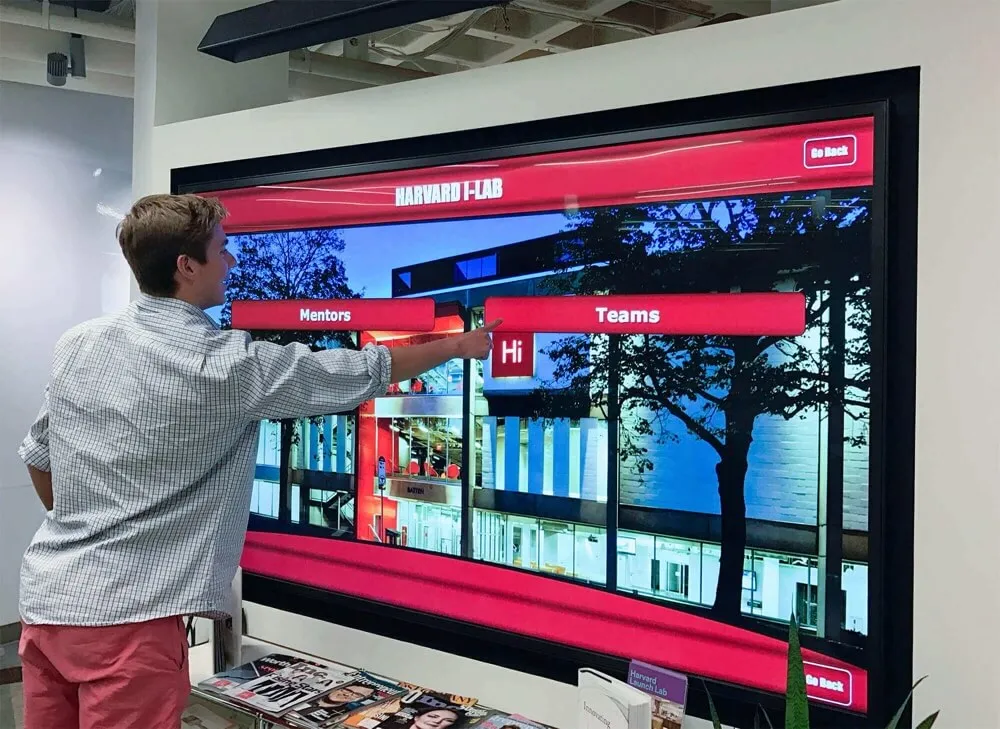
Vice President
Vice presidents typically assist club presidents with administrative duties, assume presidential responsibilities during absences, oversee specific club initiatives or committees, coordinate member engagement and retention efforts, and prepare to potentially assume presidential role in future years. Many clubs use vice presidential positions as leadership development opportunities for underclassmen preparing for greater responsibility.
Secretary
Club secretaries handle critical administrative functions including maintaining accurate membership rosters and attendance records, taking meeting minutes documenting club decisions, managing club communications and email announcements, maintaining club archives preserving historical records, and handling correspondence with other schools or chess organizations. Strong secretaries ensure clubs maintain institutional memory across officer transitions.
Treasurer
Chess club treasurers manage financial responsibilities including tracking club budget and expenditures, collecting membership dues when applicable, managing fundraising initiatives for tournament travel, purchasing equipment and supplies as needed, and providing financial reports to club members and advisors. Given that chess clubs often travel to tournaments requiring entry fees, transportation, and accommodations, treasurers play vital roles ensuring financial sustainability.
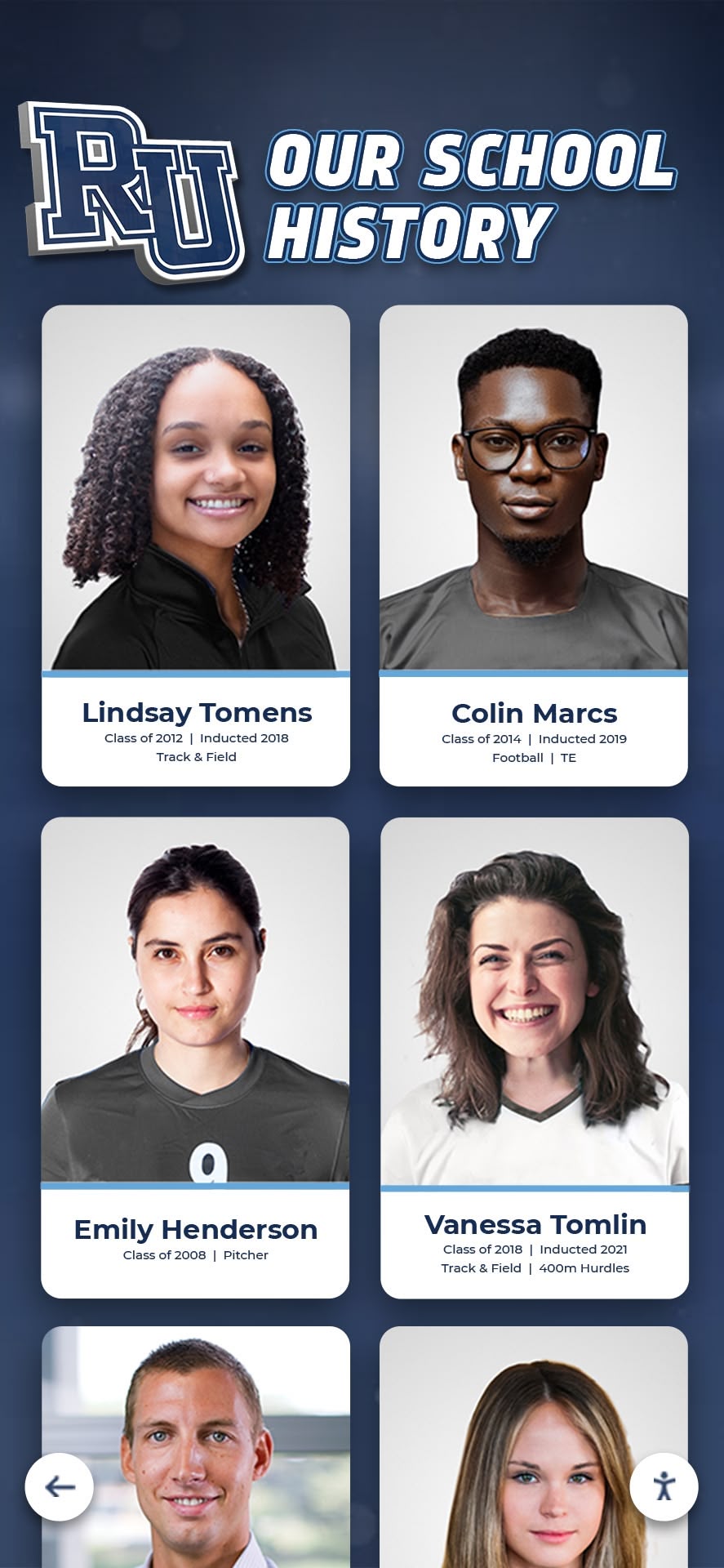
Specialized Leadership Positions
Many established chess clubs create additional officer positions addressing specific club needs:
Tournament Director
Tournament directors organize internal club competitions including planning tournament formats (Swiss system, round-robin, etc.), scheduling tournament rounds and pairings, maintaining accurate records and standings, coordinating with US Chess Federation for rated events, and ensuring tournaments run smoothly and fairly. This specialized role requires understanding chess tournament regulations and pairing systems beyond basic game knowledge.
Outreach Coordinator
Outreach coordinators focus on community engagement and club growth by organizing chess demonstrations at elementary schools, coordinating simultaneous exhibition events, planning community outreach programs, recruiting new members through campus promotion, and building partnerships with local chess organizations. This role particularly suits students with strong communication and marketing abilities.
Equipment Manager
Equipment managers maintain club materials including chess sets, boards, and clocks, organizing and storing equipment properly, ensuring tournament supplies are available and functional, coordinating equipment transport to away tournaments, and recommending equipment purchases or replacements. While seemingly straightforward, this role proves essential for clubs with extensive equipment and active tournament schedules.
Advisory and Mentorship Structures
Successful chess clubs typically operate under faculty advisor guidance while developing peer mentorship systems where experienced players support newer members:
Faculty Advisors
Faculty advisors provide adult supervision and institutional support, secure school resources and meeting spaces, manage school-required documentation and permissions, offer guidance on club governance and decision-making, and ensure club activities align with school policies. Recognition should acknowledge these dedicated educators whose passion enables chess clubs to thrive.
Team Captains and Squad Leaders
Larger chess clubs sometimes organize into competitive squads (varsity, junior varsity, novice) with designated captains providing leadership within skill-level groups. These captains mentor less experienced players, organize practice sessions and training, select tournament participants when necessary, and foster team unity and positive culture.
Understanding these diverse leadership roles enables comprehensive recognition acknowledging all students contributing to chess club success beyond just presidents and vice presidents.
The Leadership Development Value of Chess Club Officers
Chess club leadership positions provide remarkable opportunities for student growth extending far beyond the specific chess context—developing transferable skills valuable throughout academic careers, professional lives, and civic engagement.
Organizational and Administrative Skills
Managing chess clubs requires practical organizational capabilities including meeting planning and facilitation, budget management and financial tracking, record-keeping and documentation, communication and correspondence, and event coordination and logistics. Students develop these professional competencies through authentic experiences with real consequences—learning through doing rather than abstract classroom instruction.
Many chess club presidents report that organizational challenges they faced—coordinating tournament travel for fifteen students, managing a tight budget, or mediating conflicts between competitive members—taught them practical management skills they later applied in college organizations, professional settings, and community involvement.
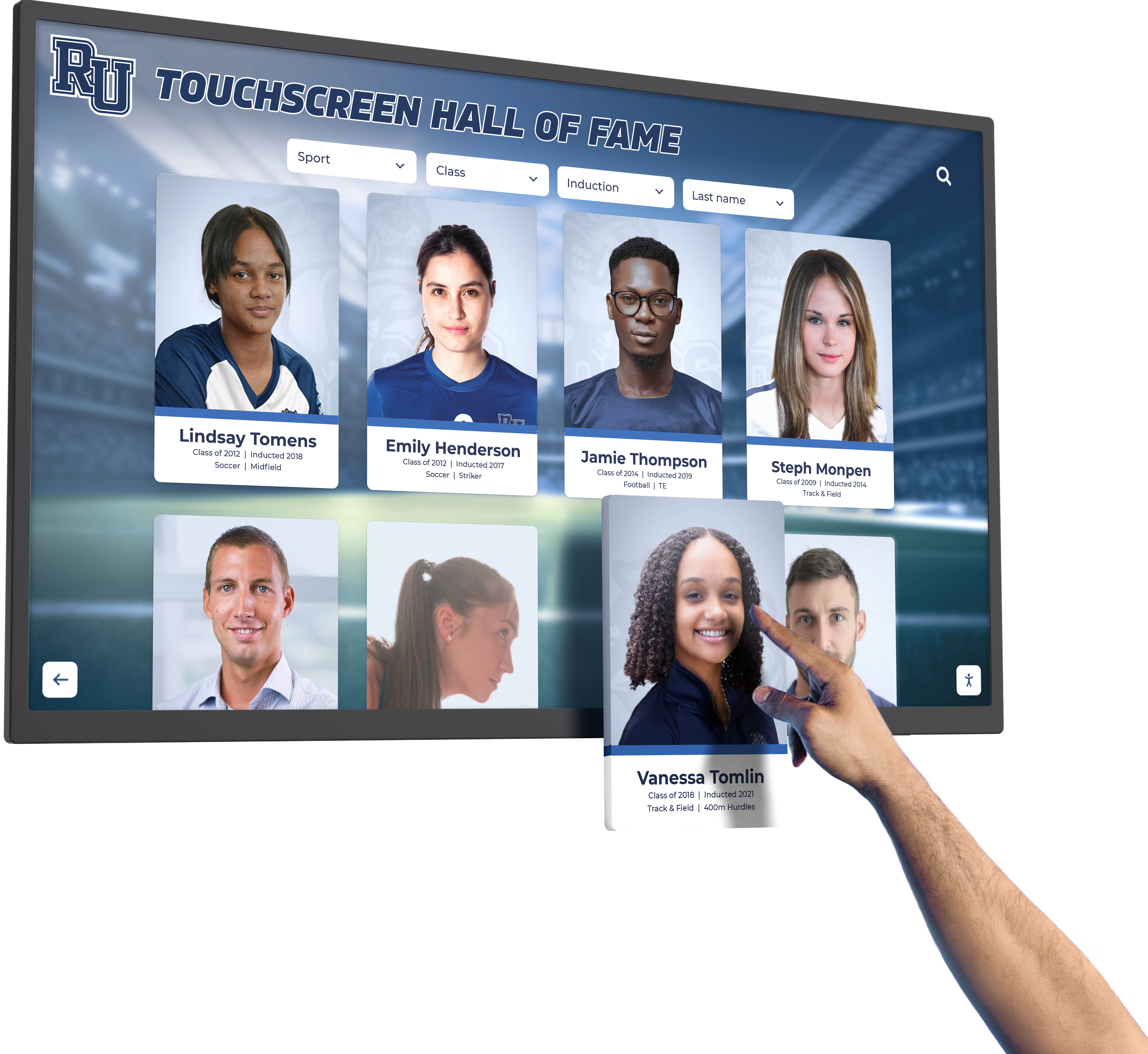
Collaborative Leadership and Team Building
Unlike individual academic achievements, chess club leadership inherently requires collaboration—working effectively with fellow officers, building consensus among members with different interests, delegating responsibilities appropriately, and creating inclusive environments where diverse students feel welcomed. These collaborative skills prove essential in professional environments where success depends on team effectiveness rather than individual brilliance.
Chess club officers learn to balance competing priorities: maintaining high competitive standards while ensuring recreational players feel valued, organizing serious tournament preparation while keeping meetings fun and engaging, and pursuing club growth while maintaining community quality. These nuanced leadership challenges develop sophisticated judgment impossible to teach through textbooks alone.
Public Speaking and Communication
Chess club presidents regularly practice communication skills through presiding over club meetings, presenting to school administration about club needs, recruiting at student activities fairs, coordinating with parents about tournament logistics, and representing their clubs at regional chess events. These repeated low-stakes opportunities to practice public speaking develop confidence and competence that serve students throughout their lives.
Strategic Thinking Beyond the Board
While chess itself teaches strategic thinking, running chess clubs develops different strategic capabilities: long-term planning for sustainable club growth, resource allocation with limited budgets, competitive positioning attracting members in schools with many activity options, stakeholder management balancing student, advisor, and administrative interests, and succession planning ensuring club continuity after officers graduate.
These organizational strategy skills complement the tactical and positional thinking chess develops—creating well-rounded strategic thinkers prepared for complex challenges in any domain.
Comprehensive Chess Club Recognition Program Development
Strategic recognition programs celebrate chess club leadership while inspiring future student participation and documenting institutional chess history spanning decades.
Defining Recognition Scope and Criteria
Clear frameworks ensure chess club recognition remains focused, inclusive, and sustainable:
Officer Position Recognition
Determine which leadership positions receive recognition. Most comprehensive programs acknowledge all elected officers (president, vice president, secretary, treasurer), appointed positions with significant responsibility (tournament director, equipment manager), team captains when clubs have formal squad structures, and faculty advisors whose dedication enables club success. This inclusive approach honors all leadership contributions rather than privileging presidential positions alone.
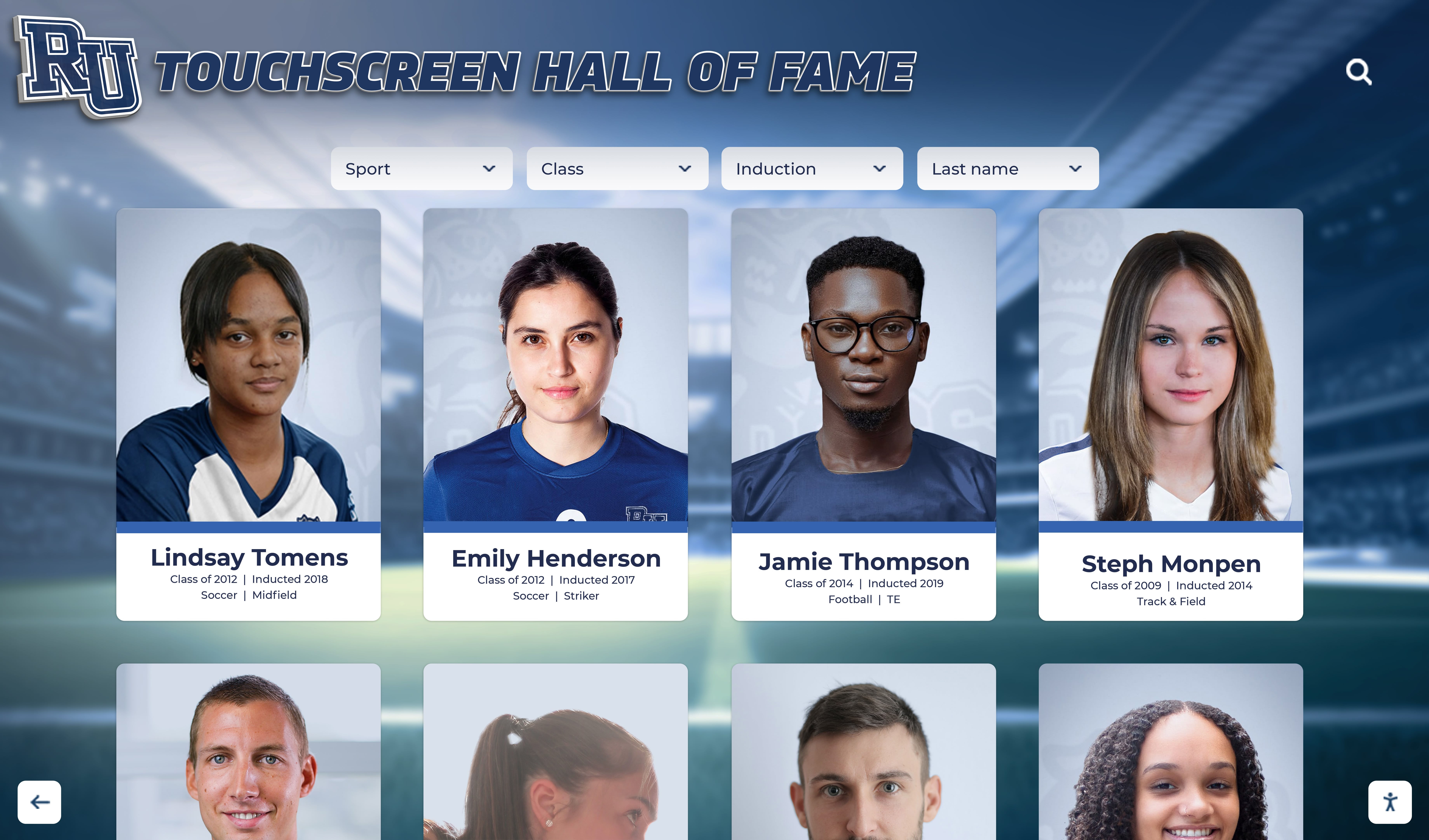
Service Duration and Commitment Requirements
Establish standards determining when students qualify for recognition. Options include requiring service for minimum duration (full year or semester), completing specified officer responsibilities satisfactorily, maintaining good standing throughout tenure, or contributing significantly to club growth or achievement. Clear criteria prevent recognition from feeling arbitrary while maintaining meaningful standards.
Historical Recognition and Archive Development
Decide whether to recognize only current officers or build comprehensive historical archives documenting decades of chess club leadership. Historical recognition creates powerful institutional memory demonstrating sustained excellence, enables alumni to rediscover their own leadership recognition years later, provides longitudinal documentation showing club evolution and growth, and creates inspirational examples of students who contributed significantly to campus chess culture.
Many schools implement phased approaches beginning with current year recognition, then systematically adding previous years’ officers during summer months when other demands are lighter. This enables manageable progress without overwhelming staff while building comprehensive archives capturing institutional chess heritage.
Content Development: Bringing Chess Club Leadership to Life
Rich content transforms simple acknowledgment into meaningful celebration inspiring school communities:
Essential Profile Elements
Comprehensive chess club officer profiles should include student name and graduation year providing identification, high-quality photograph creating visual connection and personality, specific officer position clearly identifying leadership role (President, Tournament Director, etc.), year(s) of service showing leadership duration, and key accomplishments during tenure highlighting specific contributions or achievements.
Additional valuable content includes brief statements from officers about their chess club experiences or leadership lessons learned, faculty advisor comments highlighting specific strengths or memorable contributions, tournament results and competitive achievements during their leadership, club growth metrics showing membership or program expansion, and personal chess accomplishments (ratings, titles, tournament victories) when relevant to their leadership context.
Capturing Officer Perspectives and Experiences
The most compelling chess club recognition incorporates officers’ own voices through end-of-year surveys collecting biographical information and leadership reflections, brief interviews producing quotes about memorable experiences or advice for future officers, written statements about chess club’s impact on their development, and testimonials about how chess club prepared them for college or careers.
These personal elements transform recognition from simple data presentation into authentic storytelling connecting emotionally with audiences while providing practical guidance for younger students considering whether to pursue chess club leadership.
Tournament Results and Competitive Achievements
For clubs with active competitive programs, recognition should document tournament successes occurring during officers’ tenure including team championships and tournament victories, individual member achievements at competitions, rating improvements and titled player development, qualification for state or national championships, and notable victories over traditionally strong rival schools.
These competitive achievements demonstrate that strong leadership correlates with team success—creating aspirational examples showing how effective organization and team-building translate to performance excellence.
Resources on student leadership recognition provide frameworks applicable to chess club officer acknowledgment programs.
Strategic Recognition Implementation for Chess Clubs
Successful chess club recognition initiatives require thoughtful implementation strategies and sustainable management approaches:
Technology Selection for Chess Club Recognition
Modern digital platforms enable schools to celebrate chess club leaders through accessible, engaging systems that overcome traditional recognition limitations:
Interactive Digital Display Solutions
Purpose-built recognition platforms like Rocket Alumni Solutions transform chess club acknowledgment through interactive touchscreen displays eliminating traditional recognition limitations by offering unlimited recognition capacity accommodating all chess club officers across years without physical space constraints, rich multimedia content enabling photos, accomplishment details, and tournament results, immediate updates allowing real-time recognition additions without physical production, searchable databases enabling exploration by name, year, or officer position, and engagement analytics demonstrating how students and visitors interact with chess club recognition.
Digital platforms particularly benefit chess clubs given the need to acknowledge diverse officer positions beyond just presidents, desire to include tournament results and competitive achievements, ability to update recognition as officers earn new accomplishments, and opportunity to create inspirational examples for younger students considering chess club involvement.
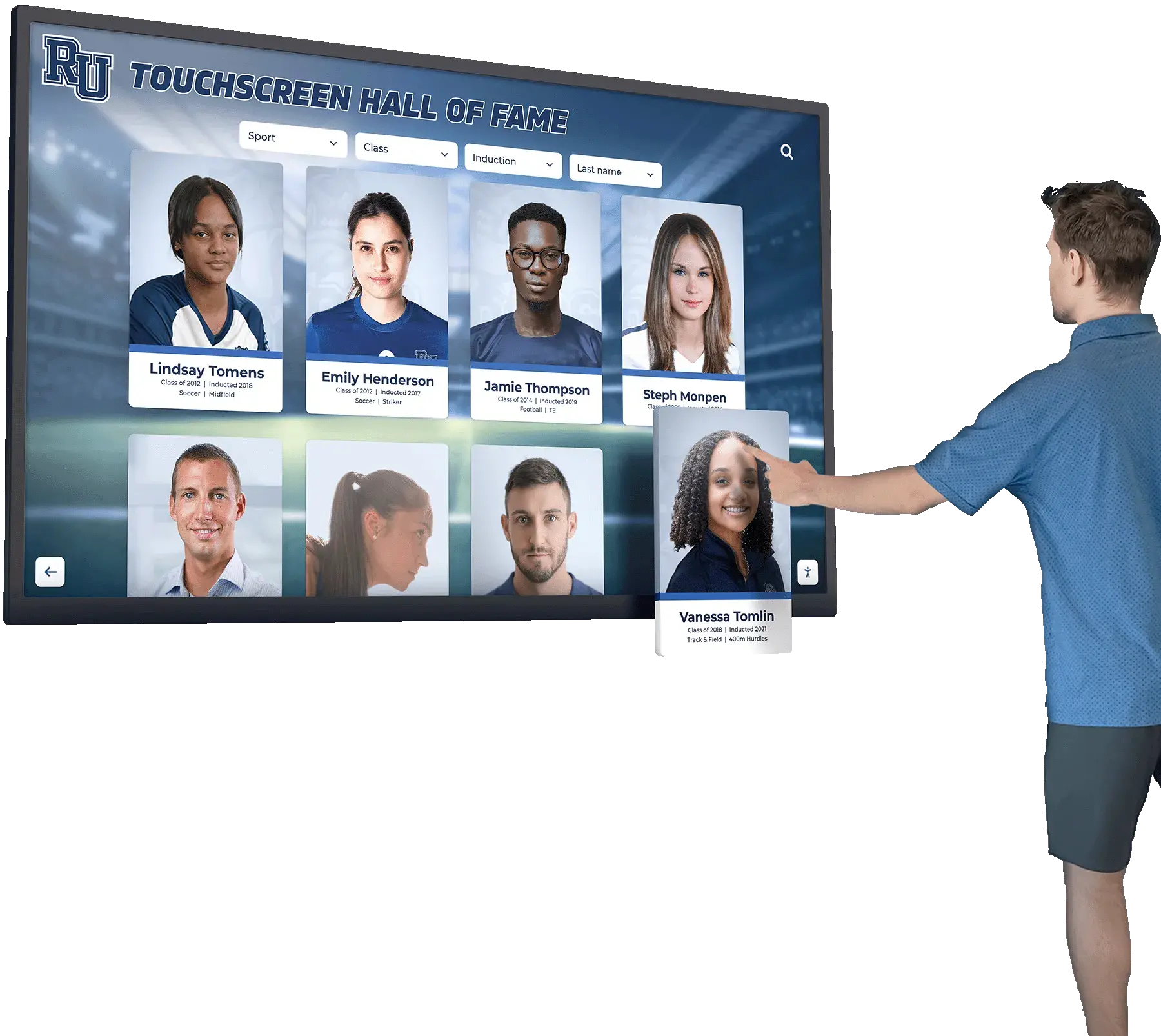
Strategic Display Placement
Recognition impact depends heavily on placement ensuring chess club displays receive regular visibility. Position interactive chess club displays in main school entrances where all students pass daily, academic hallways near classrooms and lockers, libraries and academic centers where students study, student commons and cafeteria areas providing extended viewing, and administrative areas frequented by prospective families and visitors.
Consider placing chess club recognition near other academic achievement displays creating comprehensive celebration of intellectual accomplishment across academic programs, honors, and extracurricular activities. This strategic proximity reinforces that schools value intellectual pursuits across varied forms—from honor roll achievements to chess club leadership to debate team success.
Web-Based Recognition Extending Global Access
Physical displays serve on-campus audiences effectively, but web-accessible recognition platforms extend chess club acknowledgment to families anywhere globally, enable alumni to explore their own historical leadership recognition, allow prospective students to learn about chess club opportunities, provide college admissions representatives context about applicants’ leadership experiences, and create shareable content for social media and communications.
Essential web platform features include mobile-responsive design displaying effectively across devices, powerful search enabling discovery by name, year, or position, permanent accessibility keeping recognition online indefinitely, and integration with school websites and student activity pages amplifying visibility.
Integration with Broader Student Leadership Recognition
Chess club officer recognition gains additional impact when integrated with comprehensive student leadership celebration systems:
Cross-Club Leadership Recognition
Many schools develop unified recognition platforms celebrating student officers across all clubs and organizations—chess club, debate team, robotics club, student government, cultural organizations, service clubs, and special interest groups. This comprehensive approach ensures intellectual and leadership pursuits receive visibility comparable to athletic programs while creating complete records of student involvement and contribution.
Unified leadership recognition enables students to discover peers’ varied involvements, inspires participation across multiple organizations, demonstrates the breadth of opportunities available, and creates fair acknowledgment where all student contributions receive appropriate celebration regardless of activity type.
Resources on comprehensive recognition programs provide frameworks for developing integrated approaches celebrating diverse student excellence across academic, leadership, service, and extracurricular domains.
Celebrating Chess Club Achievements and Milestones
Beyond officer recognition, comprehensive programs celebrate collective club accomplishments creating pride and motivating continued excellence:
Tournament Results and Competitive Excellence
Schools with competitive chess programs should prominently display team achievements including state championship victories and placements, regional tournament success and rankings, qualification for national championships, notable victories over rival schools, and improvement trends showing program growth over time. These competitive achievements demonstrate program excellence while honoring the collective effort contributing to team success.
Individual Member Achievements
Recognize significant individual accomplishments by club members including US Chess Federation rating milestones (breaking 1200, 1600, 2000, etc.), earning of official titles (Candidate Master, FIDE Master, etc.), qualification for prestigious invitational tournaments, scholarship awards for chess excellence, and representation at state or national youth championships.
While individual achievements differ from officer recognition, celebrating these accomplishments within comprehensive chess program displays demonstrates that clubs develop both leadership skills and competitive excellence—honoring the full scope of what chess programs contribute to student development.
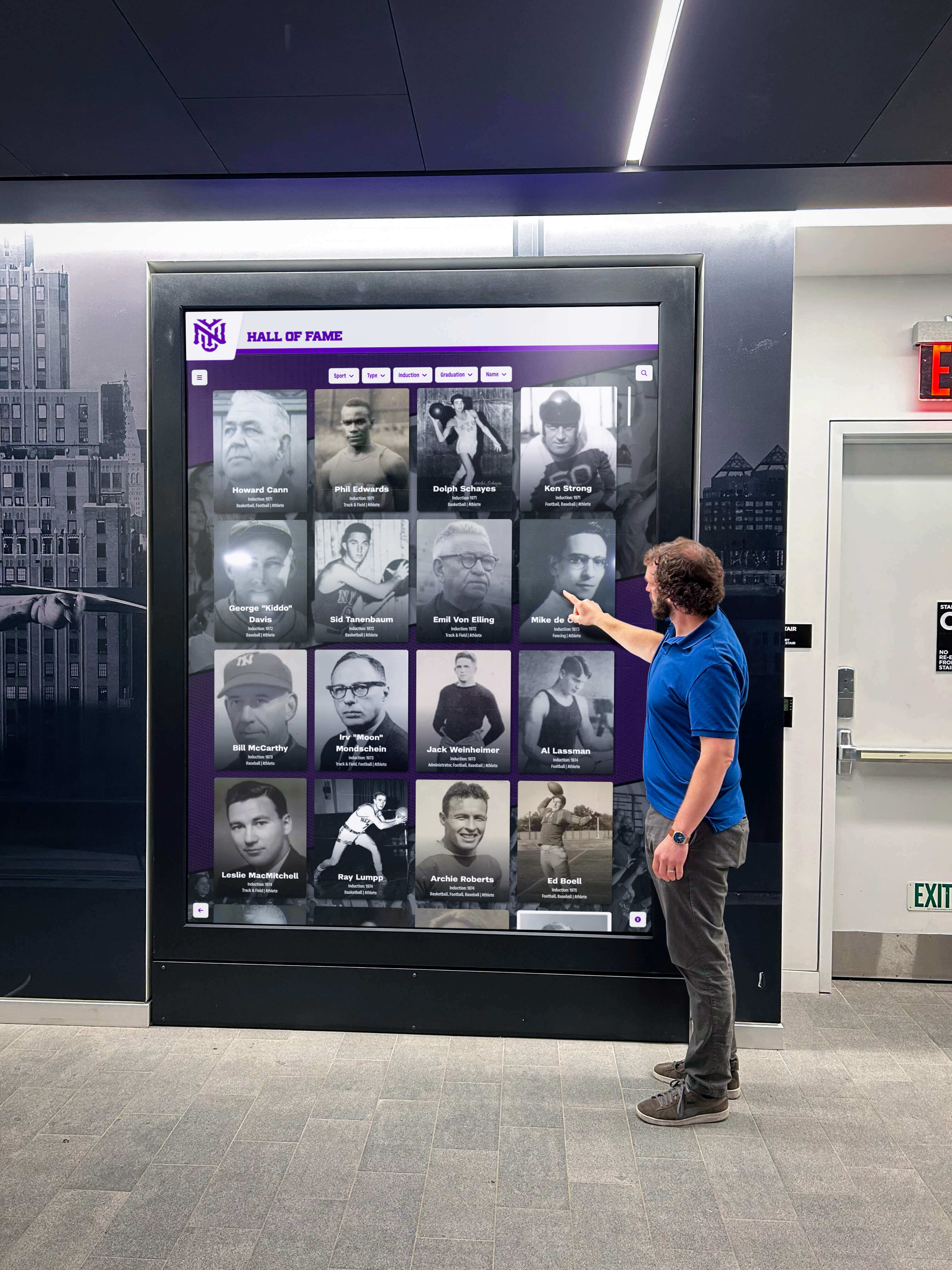
Historical Milestones and Club Anniversary Recognition
Long-established chess clubs should celebrate significant milestones including club founding and anniversary years, decades of continuous operation, historic tournament victories, notable alumni who achieved chess distinction, and evolution of club programs and activities over time.
Historical context creates deeper appreciation for current programs while demonstrating institutional commitment to chess spanning generations. Younger students gain perspective understanding they’re contributing to traditions extending decades—adding weight and significance to their participation.
Special Recognition for Graduating Seniors
Senior chess club officers departing for college deserve special recognition acknowledging their final contributions including comprehensive profiles highlighting full chess club career, special graduation ceremonies or send-offs, letters of recommendation highlighting leadership qualities, connections to chess opportunities at colleges they’ll attend, and invitations to return sharing college experiences with current members.
These thoughtful departures honor student contributions while creating ongoing connections between clubs and alumni who may provide mentorship, resources, or continued engagement supporting future generations.
Measuring Chess Club Recognition Program Impact
Systematic assessment demonstrates program effectiveness while identifying improvement opportunities:
Engagement and Participation Metrics
Track measurable indicators including chess club membership trends over time, officer position application rates showing leadership interest, retention rates for club members year-over-year, attendance at club meetings and activities, and participation in competitive tournaments and events.
Increases in these metrics following enhanced recognition implementation suggest that celebrating chess club leadership successfully promotes participation and engagement—validating investment in comprehensive recognition programs.
Recognition Platform Usage Analytics
Digital recognition systems provide comprehensive data revealing how students and visitors engage with chess club content including unique visitors showing total individuals viewing recognition, session duration measuring average time exploring content, return visitor rates demonstrating sustained interest, search patterns revealing how visitors discover content, and social sharing frequency tracking distribution beyond direct viewers.
Quarterly reviews identify successful content types, peak usage periods indicating optimal update timing, and underutilized features requiring optimization or clearer promotion—ensuring recognition platforms achieve maximum effectiveness.
Qualitative Feedback and Outcomes
Beyond numbers, gather meaningful insights about recognition program effectiveness through student surveys exploring whether recognition feels meaningful and motivating, officer testimonials describing leadership recognition impact on their experience, parent reactions to chess club acknowledgment quality and visibility, faculty advisor input on recognition supporting recruitment and retention, and alumni perspectives on how recognition influenced their college or career paths.
This qualitative feedback provides nuanced understanding of recognition program impact impossible to capture through quantitative metrics alone—revealing what aspects resonate most powerfully with different stakeholders.
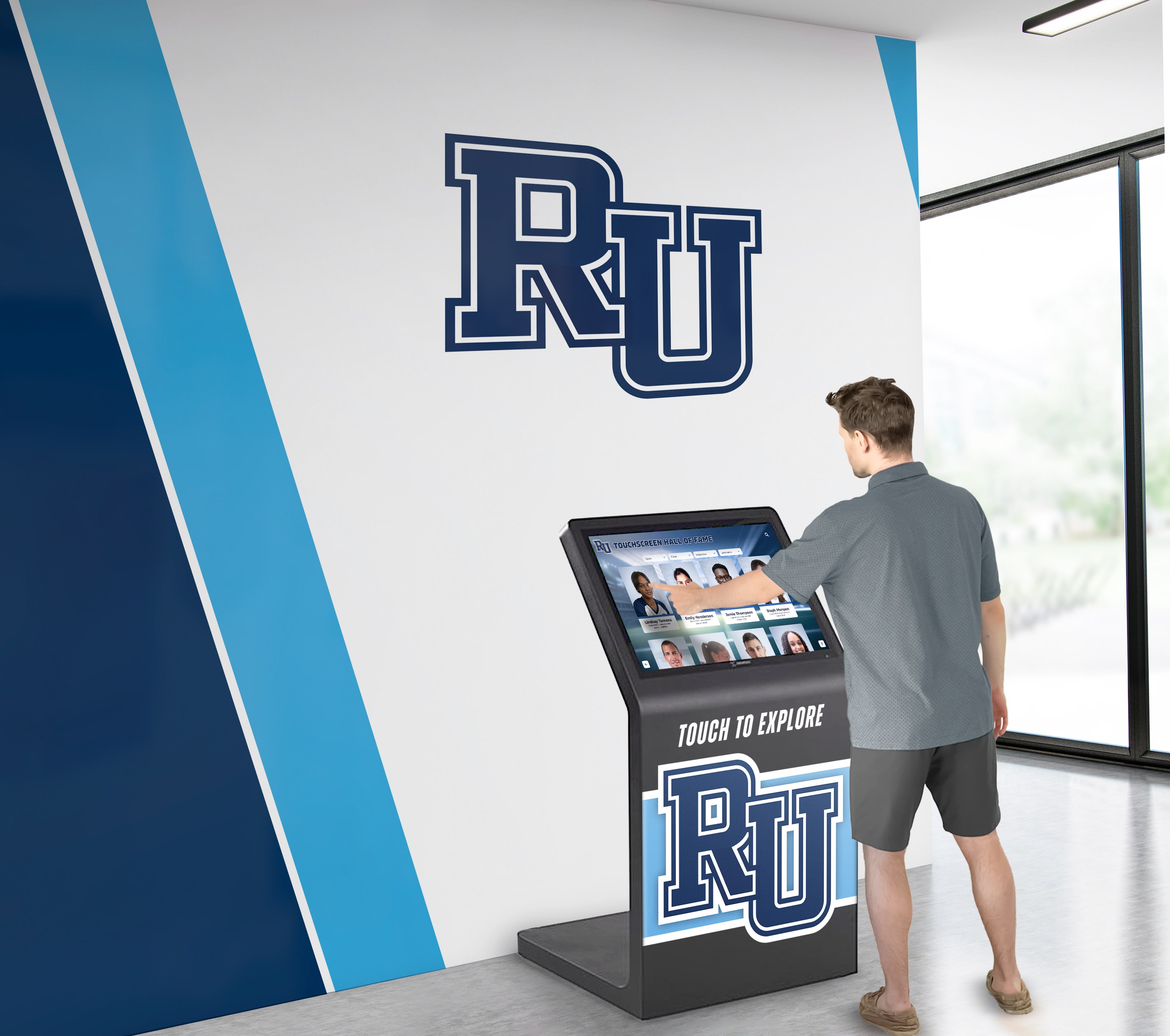
Best Practices for Sustainable Chess Club Recognition
Effective recognition programs share fundamental characteristics distinguishing truly impactful systems from token acknowledgment generating minimal benefit:
Inclusive Coverage: Recognition accommodating all officer positions and leadership roles rather than celebrating only presidents creates culture where varied contributions receive acknowledgment validating diverse service forms.
Prominent Visibility: Strategic placement in high-traffic locations and multi-channel communication ensures chess club recognition receives attention demonstrating schools value intellectual pursuits comparably to athletic accomplishments.
Rich Storytelling: Detailed profiles including photographs, role descriptions, accomplishments, and personal perspectives create emotional connection and inspiration impossible with simple name lists.
Timely Acknowledgment: Recognition delivered during or shortly after leadership service maintains relevance rather than delayed acknowledgment feeling disconnected from actual experiences.
Permanent Accessibility: Complete officer archives remaining accessible indefinitely rather than being replaced or discarded preserves institutional chess history while enabling long-term engagement from alumni.
Sustained Commitment: Recognition programs maintaining consistent operation across years rather than enthusiastic launches followed by gradual decline demonstrate genuine institutional prioritization of student leadership development.
Special Considerations for Chess Club Recognition
Chess programs face unique recognition opportunities and challenges requiring thoughtful approaches:
Balancing Competitive and Recreational Focuses
Many chess clubs serve dual constituencies—serious competitive players pursuing tournament excellence and recreational members seeking friendly games and social connection. Recognition should honor both dimensions: celebrating tournament achievements and competitive success while also acknowledging community-building, inclusion, and growth initiatives that make clubs welcoming to all skill levels.
Effective officers excel at balancing these sometimes competing priorities—maintaining high competitive standards while ensuring beginners feel welcomed and valued. Recognition highlighting this balanced leadership provides valuable models for future officers navigating similar challenges.
Acknowledging Intellectual and Strategic Achievement
Chess recognition provides opportunities to celebrate intellectual pursuits receiving less visibility than athletic programs. Strategic messaging can position chess club leadership as academic excellence demonstration—highlighting critical thinking, strategic planning, and intellectual discipline chess develops alongside organizational leadership skills.
This framing helps address potential perceptions that chess is merely recreational rather than intellectually demanding—ensuring chess club officers receive acknowledgment commensurate with the significant cognitive skills their activity develops.
Multi-Year Leadership Development
Unlike some activities where juniors or seniors dominate leadership, chess clubs often develop leaders across multiple years as underclassmen assume increasing responsibility. Recognition systems should acknowledge this developmental progression by celebrating growth from member to officer to president, documenting evolving contributions over multiple years, and highlighting mentorship relationships between veteran and newer leaders.
This developmental perspective demonstrates that leadership emerges through sustained engagement rather than sudden appointment—encouraging younger students to invest consistently knowing their contributions will receive appropriate recognition as they assume greater responsibility.
Creating Chess Recognition That Inspires Excellence
When schools invest in comprehensive chess club officer recognition programs thoughtfully designed and effectively implemented, the benefits prove substantial: enhanced student motivation to pursue chess club leadership positions, improved club culture celebrating both competitive excellence and inclusive community, increased family engagement and institutional pride in chess programs, stronger club reputation attracting prospective members, and most importantly, students developing leadership skills and organizational capabilities serving them throughout academic careers, professional lives, and civic engagement.
Ready to transform how your school celebrates chess club presidents and executive team members? Solutions like Rocket Alumni Solutions provide purpose-built recognition platforms designed specifically for educational institutions, offering intuitive content management requiring no technical expertise, engaging interactive displays creating memorable recognition experiences, unlimited capacity accommodating comprehensive chess club officer recognition without space constraints, proven approaches helping schools build excellence cultures, and ongoing support ensuring successful implementation and sustained program success.
Your chess club officers achieve remarkable leadership accomplishments demonstrating dedication, organizational skill, and commitment to building vibrant intellectual communities deserving celebration matching their significance. Modern recognition programs ensure these achievements receive the acknowledgment that inspires continued excellence, honors diverse leadership contributions, validates sustained effort and service, creates lasting institutional pride in chess traditions, and builds school communities where all students feel valued for their intellectual pursuits and motivated to develop both strategic thinking and leadership capabilities that will serve them throughout their lives.
Chess club president recognition represents far more than posting names and positions—it’s a fundamental tool for shaping school culture, motivating student leadership, and communicating institutional values. When recognition celebrates diverse officer roles, employs engaging technology, maintains meaningful standards while creating accessible pathways, and operates sustainably across time, schools create environments where intellectual pursuits flourish and every chess club leader’s contributions receive the lasting acknowledgment they truly deserve.
